Exil (Exile)
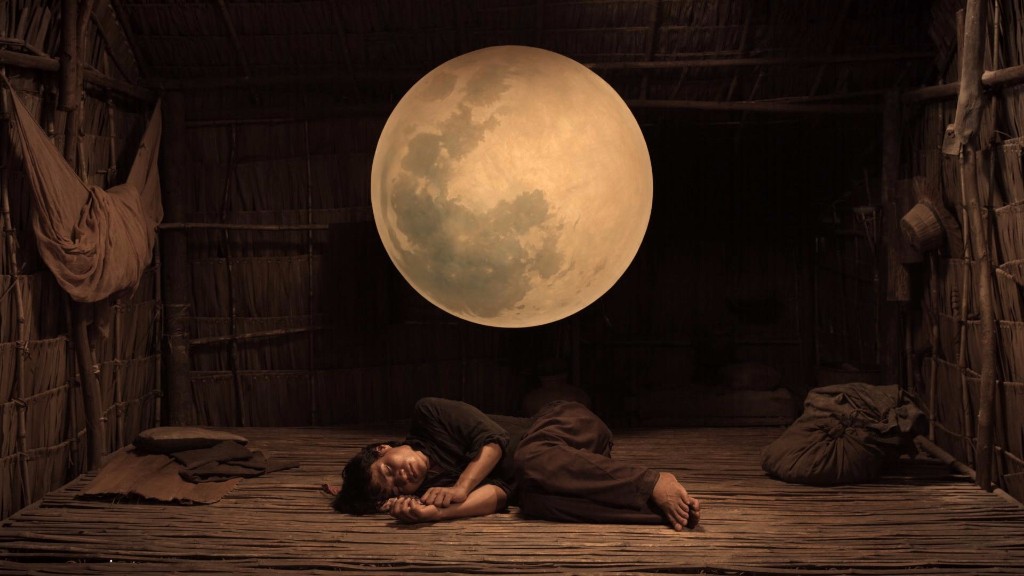
Exil treats a very interesting historical issue: the exile of Cambodians during the Red Khmer regime, during which the country was renamed Democratic Kampuchea. The potential for uncovering the truth of life in Democratic Kampuchea (as the country was renamed during the 1970s) and the force of first-hand testimony (it is director Rithy Pahn himself telling an autobiographic story) is unfortunately choked by the overly artsy and metaphoric mise en scène. The film places itself in the grey area between documentary, historic reconstruction and pure fiction, which can sometimes work incredibly well, and sometimes not at all – as is sadly the case here.
Exil ends up being a mishmash of archival footage and mannered fictional scenes, held together only by the tedious voiceover that recites Baudelaire and Mao Tse-Tung, among others. The narrative starts off with some enlightening reflections about revolution and democracy, both from a theoretical perspective and specifically regarding Cambodian history, but its constant wordy drone makes it hard to follow all of the script – which may have been very engaging had it not been recited without a rest. The result is a heavy and bloated feature.
Scenes where actor Randal Douc plays an alter ego of the filmmaker take place in a theatre-like setting mimicking a Cambodian cabin, in which dreamlike props hang over his disappearing and reappearing body. The ethereal character is surrounded by strange objects, and metaphors run wild, becoming a repetition of surreal still life takes. Painfully resembling one of those reconstructions of different habitats in a museum exhibit, the fake decor scenes play a lot on symbolic compositions of putrefying animals. At some point Exil appears to be an apology of the food eaten by exiles during their escape, with a provocative stare onto the hardships of being a political fugitive. A series of special effects and animation add-ons give even more oddity to the film, in a leap of cross-genre experimentation that eventually becomes quite uncomfortable.
Rithy Panh confronts a tough theme that is even more demanding given its direct impact on his personal life, and he tries to weave it into a net of poetic contemplation and artistic visual images, but regrettably falls of short of keeping the audience’s attention. Repetitive and ceremonious to excess, Exil bears more intricate presentation and packaging than its subject needs.
Jasmin Valjas
Exil (Exile) does not have a UK release date yet.
Read more of our reviews and interviews from the festival here.
For further information about Cannes Film Festival 2016 visit here.

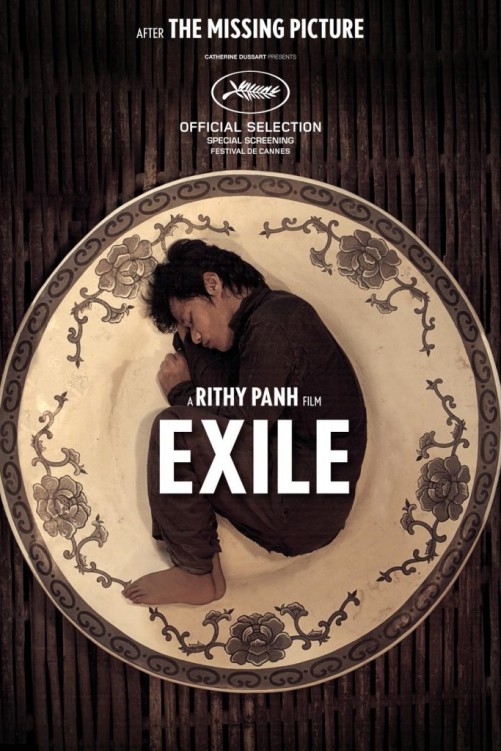

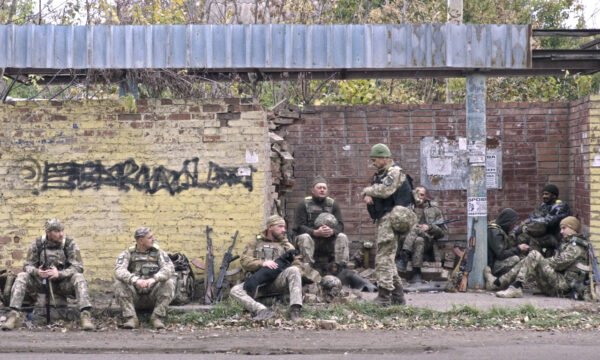

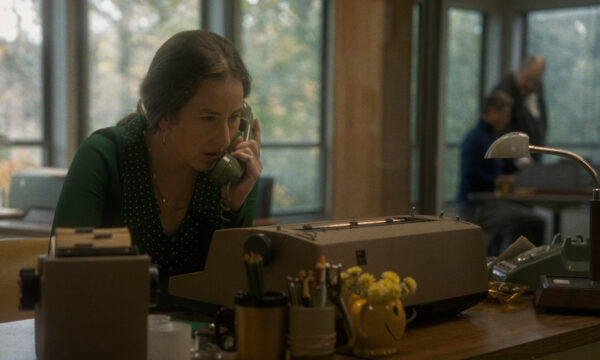



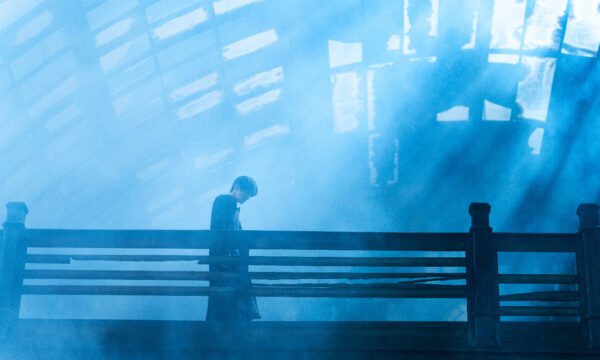
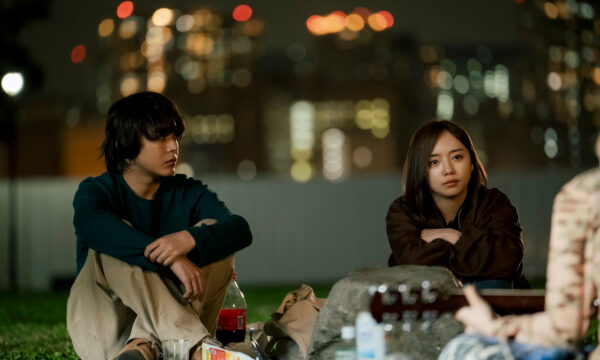


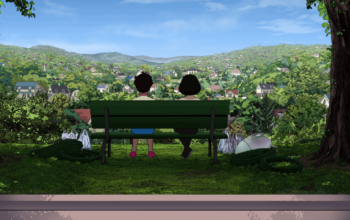











Facebook
Twitter
Instagram
YouTube
RSS